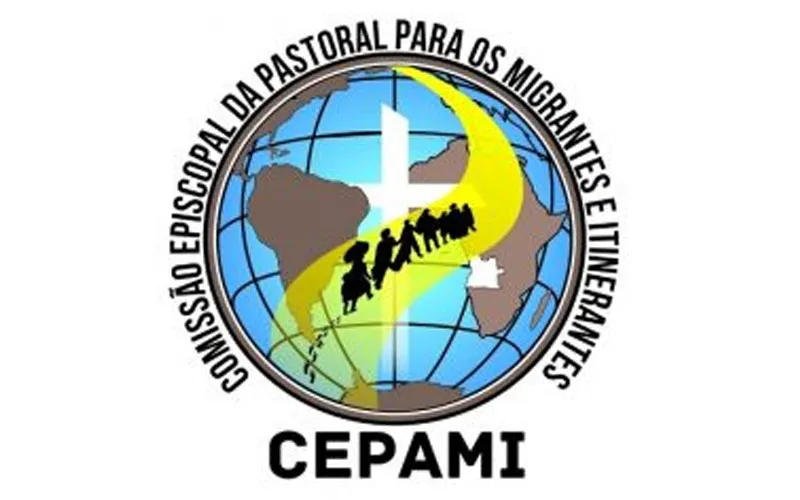São Tomé, 08 July, 2022 / 8:50 pm (ACI Africa).
A Catholic Nun serving at the office that coordinates the affairs of migrants in São Tome and Príncipe has said women and children are the main victims of human trafficking in the African island nation near the equator.
In an interview with ACI Africa, the Executive Secretary of the Episcopal Commission for the Pastoral Care of Migrants and Itinerant People (CEPAMI) said that women and children are mostly trafficked by people who are close to them.
"São Tomé has a lot of tourist attraction; it is a country very prone to human trafficking, especially of women and children," Sr. Neide Lamperti told ACI Africa on Tuesday, July 5, days after the conclusion of a CEPAMI workshop on human trafficking.
Sr. Lamperti added, "Women and children require more protection, as they are also the main victims of forced labor.”
In São Tomé and Príncipe, the Catholic Nun said, "Women and children are often exploited by people very close to them."








